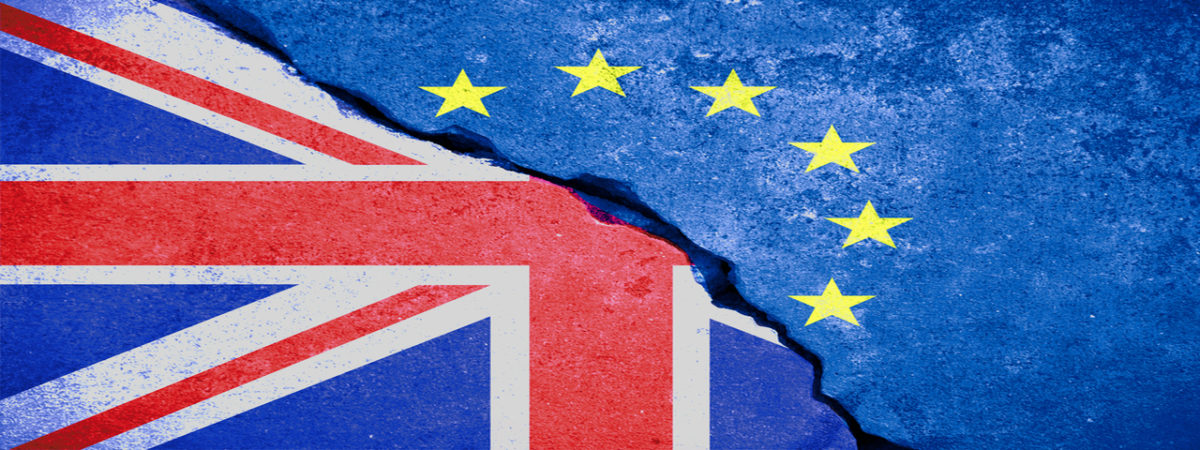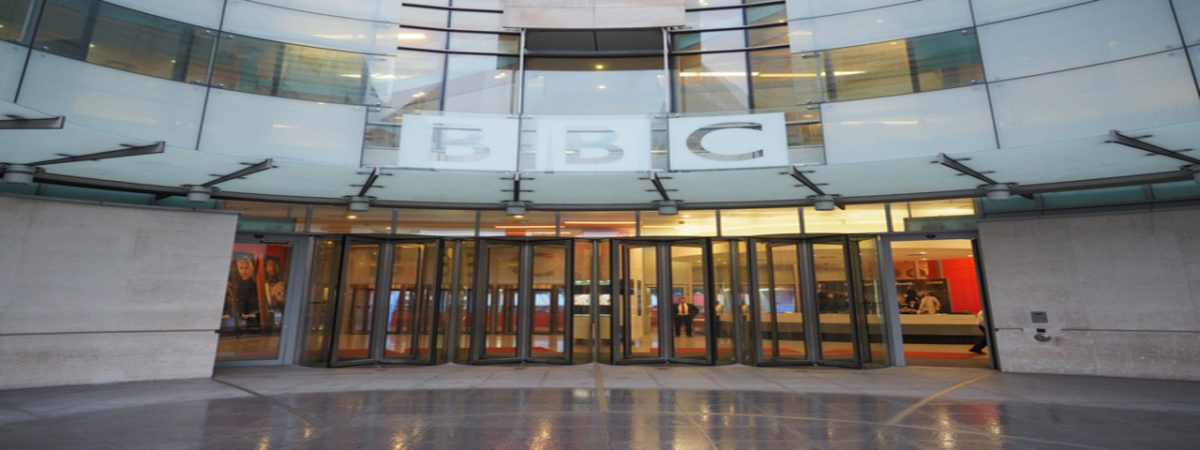Broadcasting is a club good, not a public good. BBC channels should become subscription channels
SUGGESTED



To the non-economist, all goods and services are the same in terms of their basic nature, however much they vary in superficial details. Economists, however, have known for a long time that this is not so and that there are several different kinds of good and service. In analysing this there are two important questions that economists ask. The first is whether the consumption of the good is rivalrous. If it is, then one person’s consumption means others have less available to them. If I eat a chocolate bar, for example, nobody else can consume that bar. Some goods and services, though, have non-rivalrous consumption so that more than one person can consume them at the same time. So if I walk down a street benefiting from the lights, this does not prevent other people from doing so.
The other major question is whether the good has the quality of non-excludability. With some goods and services the supplier can exclude people if they do not pay. With other goods and services, however, people benefit from it regardless of whether they pay or not. The reception of radio signals is currently an example of this characteristic.
Public goods and club goods
Much semi-informed discussion assumes that there are only two kinds of good in the real world – those that are rivalrous and excludable (which we call ‘private goods’) and those that are non-rivalrous and non-excludable (‘public goods’). However, in 1965, James Buchanan pointed out that there is actually a wide range of goods that are broadly non-rivalrous but excludable. These kinds of good are known as ‘club goods’.
So what are the features of club goods? These are goods where, at least initially, and sometimes indefinitely, consumption is non-rivalrous so that one person consuming the good does not reduce the benefit others gain from it. At the same time, however, there is a means of excluding non-payers. The classic example of this is a toll road. There is clearly a way of excluding non-payers. However, initially and for a considerable time, additional users do not reduce the benefit other users gain. Eventually, however, use becomes congested and an additional car on the road reduces the benefit to other users.
Policy implications of a public good becoming a club good
Buchanan’s insight was that such goods do not need to be provided by governments or regulated monopolies. It is possible to have a charging system whereby potential users pay for access, typically using a subscription system. After paying the subscription, users can consume as much as they like, though in some cases, their might be a small charge reflecting marginal cost – especially at busy times. Furthermore, if the good is becoming over-used (for example a congested road) access can be limited by raising subscriptions or by charging different prices at peak times. Alternatively, a competing road could be built. The owner has an incentive to respond to congestion and the existence of spare capacity in a rational way.
As such, in many cases there can be many different and competing ‘clubs’ providing the same good – this is the case in the actual instance of social clubs or sports clubs for example. In other cases there may be a natural monopoly but the good can still be provided through a club mechanism whereby a fee is paid to the provider. Of course, not all club goods have the quality of a ‘congestion frontier’ – consumption can remain non-rivalrous indefinitely: it is the quality of excludability that is key to the definition of a club good so that it can be provided through some kind of membership or subscription based institution.
| Good or service |
Rivalrous? |
Excludable? |
Type of good |
| Trident missiles | No | No | Public good (or bad, depending on your point of view) |
| Roads | No (up to a point) | Yes | Club good |
| Broadcasting pre-1980 | No | No | Public good |
| Broadcasting today | No | Yes | Club good |
All change in the world of broadcasting
When we combine economic reasoning of this kind with the history of changing technology, we also discover something interesting. Changes in technology can cause goods to move from being public goods to club goods. There can be significant implications for public policy when the shift happens. The classic example of the moment is television broadcasting.
When television broadcasting first appeared in the 1920s, it was clearly non-rivalrous as indeed it still is – if an additional person watches a programme, it has no impact on other people’s enjoyment of it. Also, anyone who had access to a television receiver could enjoy broadcasts without paying for them. Television programmes and signals were public goods because they were both non-rivalrous and non-excludable.
One solution was to fund television programming through taxation. Another was to tie programming in with advertising. In the UK, however, a third way was hit upon. Here the government decreed that you could not buy a television receiver without paying a compulsory license fee and the income from this was used to fund the BBC – as it still is, of course.
This worked because of the nature of the technology. You could only receive television broadcasts on a specially made set. The set was only useable for the purpose of watching television and could easily be linked to a particular address. There was no way of ensuring that broadcasts could only be received by specific set owners who had paid for a particular programme, so there was non-excludability. As a result, all set owners had to pay the “television levy” even if they did not choose to watch the BBC programmes the levy was designed to fund.
In the last decade the technology of television broadcasting and reception has been transformed. Amongst other changes, it is now possible to exclude people who do not pay for a specific programme from receiving it. This has profound implications for policy.
What this means is that television broadcasting has now become a club good rather than a public good. Programming now has the quality of excludability while still being non-rivalrous. The club mechanism of provision is now economically feasible through pay per view and subscriptions to channel packages.
This has a number of very important benefits. There can be many competing suppliers which means greater pluralism and variety. There is also more scope for competition and innovation. The evidence of broadcasters such as HBO (funded by subscription) is that the model can lead to consistently higher quality. Most interestingly, perhaps, the problem of ‘lowest common denominator’ broadcasting which plagues advertising-funded broadcasting is avoided. When television is provided as a club good there is an optimum size of audience for any one channel that will provide the highest level of funding compatible with the content and quality that appeals to a given audience. Within subscription broadcasting both niche and popular programming are readily available.
This is all very relevant to the current BBC Charter Review. The economics of the issue point in one direction – BBC channels should become subscription channels.
5 thoughts on “Broadcasting is a club good, not a public good. BBC channels should become subscription channels”
Comments are closed.





The real significance of this is negligible, and besides this, it would put an undue burden on lower income families who would suffer a great net loss from this. The point of a public broadcasting service is the very fact that it is non excludable; to keep everyone fully informed on events that might affect their lives. Just because the BBC can be provided as a club good, doesn’t in itself mean that it should.
There is a further complication when it comes to the BBC. Although it is funded by TV licenses, this funding also funds its radio broadcasts (which, with current technology, can’t be offered as subscription channels) and web presence. So it’s a slightly more complex issue than this article acknowledges.
TJ – Last time I checked Strictly Come Dancing wasn’t exactly a service that we need to “keep everyone fully informed on events that might affect their lives”?
Silly example Christian. The BBC’s brief has always been to “educate, inform and entertain” and Strictly comes in the last category. I could also point out that the BBC has earned £500 million from licensing the format to other broadcasters.
Viewers of all incomes should have access to high quality informative, educational programming. Most subscription services also carry adverts which suggests that the market will not support subscription fees that are sufficient to fund broadcasters by themselves. The growing number of broadcasters are all chasing the same finite advertising/subscription budget which gets spread more thinly leading to a fall in quality and an inevitable race to the bottom. Can anyone imagine ITV making anything as good as The World at War or Brideshead Revisited today?
The silly example wasn’t about whether Strictly falls into a conveniently broad definition of what the BBC thinks it should be doing. The silly example was about whether shows that the BBC produce fall into a working definition of public service broadcasting. Not sure what’s sillier, Strictly actually falling within that definition or locking up low income families who can’t pay a regressive TV-tax so I can watch Vince Cable strut his stuff in White Tie.